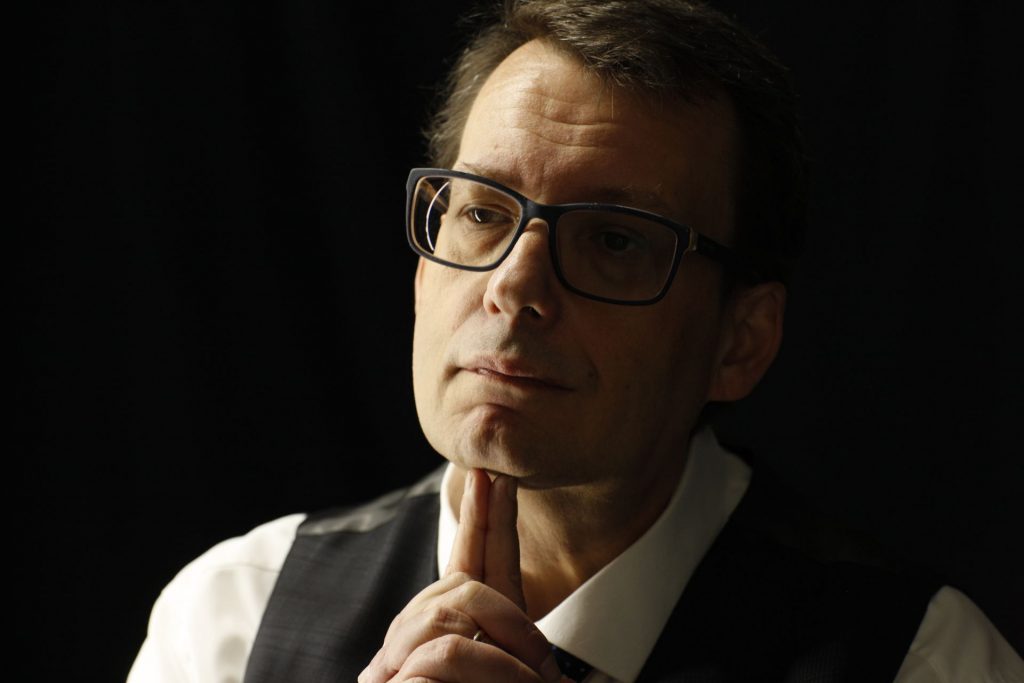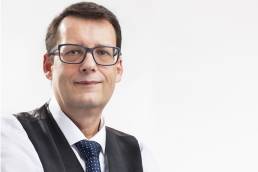Andreas Voigt: “In Appenzell the best of Emilia and Germany”
A united family and a Web Agency migrated from Italy to Switzerland in the story of a volcanic and courageous entrepreneur as well as generous with ideas and advice
There is a village in northeastern Switzerland that extends its hand to the Emilia-Romagna region and the Land of Baden-Württemberg. It is there that a small but technologically advanced company lives and prospers under the direction of a very close-knit couple, together on the market and united as a family for twenty-two years.
The marriage and the company have in common the figure of Andreas Arno Michael Voigt, 53 years old from Carpi with a German passport, very popular on social networks, who in the Swiss Confederation has found a second life and has been able to stabilize the fate of its Innovando Gmbh.
The narration of the destiny of this family-run Web Agency, first in Modena and then in Appenzell, as well as that of the owners themselves, offers the cue for an interview whose repartee turns out to be full of news, judgments and advice on the life and dynamics of those who have left a country for the Swiss Confederation.
Nicola Zanni: “In Zug, if you want and work hard, you get everything”

Andreas Arno Michael Voigt turns out to be a German citizen who owns a company with an Italian name in the tiny Canton of Appenzell Innerrhoden in Switzerland: what is the path that led you to this singular landing place? “Who is he, or how would he like to define himself, in extreme synthesis?
“I am by semantic definition a child of Europe. I am the fruit of the love of an Italian woman with a German man, on Emilia-Romagna soil, in Rimini. Yes. Then my mother left with my father for Germany and brought me to be born there, in Mannheim, Baden-Württemberg. Later, unpleasant family vicissitudes led her and me to move to Carpi, in the land of Modena, as if it were a sign of my destiny. I define myself as an Emilian with foreign ancestry. I am not German, I am not Italian: I am Emilian, with a German passport. My company? Innovando was born in Carpi, among sports cars, lasagna and that sense of work and commitment typical of this land that has deeply marked my person. In 2012 the earth shook in Emilia and this fact led me to consider it as a sign that I had to make important decisions. Between tax burdens, excessive bureaucracy and a State that is omnipresent when it has to take, but absolutely non-existent when it has to give (even now in times of COVID despite the proclamations), I was forced to look around. I thought about going back to Germany, but in the end I stopped halfway in this little corner of paradise that is Appenzell Innerrhoden. So let’s say that, more than an actual choice, it was by chance. I brought not only my small family to Switzerland, but also my business, also to be perfectly transparent with the Italian tax authorities. And so now there is an Innovando in the middle of the Kanton Appenzell Innerrhoden. A piece of Emilia close to Lake Constance….”.
Switzerland-Liechtenstein pact on scientific innovation
Bern, Zurich and Aargau focus on fiscal innovation
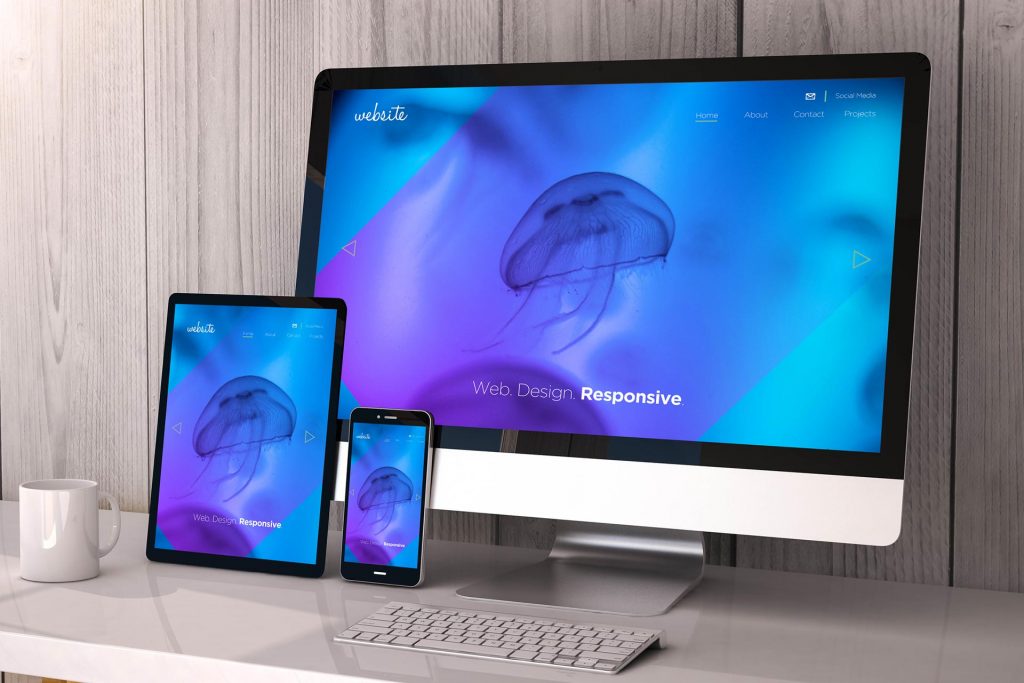
As a judge, so to speak, “super partes”, as a person of Germanic culture and nationality, what is your opinion of Italy, where you come from, and Switzerland, where you work today, based on the many years of life you have lived?
“It’s a big question! Having left, my judgment cannot be very benevolent, on the contrary, it is severe. Just being here in Switzerland you realize the flaws. Of course, every nation has its negative sides and Switzerland is not excluded, but it is true that Italy has become a country where doing business is really difficult. The Peninsula was already a difficult context decades ago, let’s be clear, but at least doing business was not “an enterprise” at the limit of the impossible. Today, if you don’t have an industrial structure of a certain type that in a certain sense protects you from cyclical economic contingencies, you are always at risk. Living with the knowledge that tomorrow you may no longer exist, entrepreneurially speaking, is certainly not one of the best situations on an emotional level. Above all, I have a very negative opinion of the justice system, administered in a way that is not only hallucinating, but often humiliating for the citizen who, in addition to having to defend himself from the abuses of his fellow citizens, is also forced to protect himself from the public administration in togas. Italy is a ‘meta-country’ that would work much better in a context organized according to the dictates and rules of a federal state, but really federal, like Switzerland, not the sweetened one of the regions. Beyond the cultural issues, the problems of demographic implosion that will create, in the coming years, situations that will be really difficult to manage, the conflict of competences between State and Regions and the never really explicit ‘Republic of the Regions’ is, in my opinion, ‘the problem’ to be solved. The COVID has also laid bare, in this sense, many problems that Title V of the Constitution has never managed to solve. In this sense, therefore, I believe I have answered the question. Switzerland, the oldest federal country in the world, with a regulatory and constitutional system based on direct democracy and mutual trust between the State and its citizens, can teach us a great deal and we too are realizing this, seeing the differences in our daily lives. However, I do not deny my Italian side, on the contrary, I am convinced that without it I would be a lame man. There is a lot of Italy in me and there is a lot of Italy in the world and this makes me proud. Then I must also say that my Emilian ‘education’ always prevails: in fact, as my friend and former Mayor of Carpi, Enrico Campedelli, used to say, I am, will be and will always remain a son of the land that raised me, Emilia-Romagna. In dialect: ‘Me a sun ed Chèrp’ (‘I am from Carpi’)”.
Switzerland will have an ad hoc ambassador for… science
Yes of the Federal Council to the Swiss “Green Fintech” network
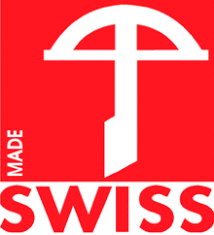
What do you miss most about Emilia-Romagna and Carpi, and what have you found unexpected or positive about Ostschweiz and the small community of Gonten, where you live with your wife Elisa?
“I really miss everything, even the November fog and the smell of wet asphalt. I miss my friends, my social relationships, my friends. How could I deny that? I miss the family, the Emilian food, the mosquito-ridden, humid heat. Yes, that too. But in life you make choices and you have to be concrete and consequent. Right now we are here in Gonten, at an altitude of one thousand meters, in the middle of the meadows and mountains, and we are doing fine, very fine indeed. But who knows, maybe in a few years, we’ll get fed up and go back to Italy: home, because it really is home. We can’t complain, though: here we have found the sweetness of the place, the tranquility of a place where a day is a day and not an epic tragedy between deadly news and ‘bagongos’ who rob you as soon as you turn the corner. There hasn’t been a theft here for decades. And what could happen in a village of 1,480 souls? We do have fiber optics, though, and for our work it’s the best. You’re simply fine here. Of course, for a twenty-year-old it might be a prison, but for me and my wife, who have been happily married for twenty-two years, it’s enough and we like it where we are”.
Swiss export industry focuses on innovation
More flexibility in promoting Swiss innovation

You are a sociologist and an advertiser “lent” to the world of the most advanced digital marketing: how has your profession been transformed by new technologies and how do you think it can still change?
“Here I find it easy to answer. Innovando is this. The company was born twenty-two years ago because the two founding partners, Paolo Bonaretti and I, understood that the world of communication was about to change and that it would be an epochal, fast, structural and profound cultural metamorphosis. Of course, the basic rules of communication have not changed: Paul Watzlawick is still him even now, Philip Kotler too, but in the meantime Seth Godin has arrived and he has arrived because, if it is true that the rules of human relations have remained the same in the anthropological sense of the term, it is also true that they are influenced by the digital transformation in such a profound way that we can say without any problem that we are facing an enormous revolution in our habits, customs, behaviors and dynamics of social relations. The real question of the hundred guns would be to ask to what extent this transformation is sustainable culturally, socially, economically and also environmentally, but we would get out of the seedbed of this forum. However, I can say that my profession has not been transformed because I am part of the transformation, I live in it and I work to transform myself and help others to do so with me.”
2.6 billion in value from Zurich Innovation Park
The report ‘Economic Footprint Switzerland Innovation Park Zurich’ di BAK Economics (in German)
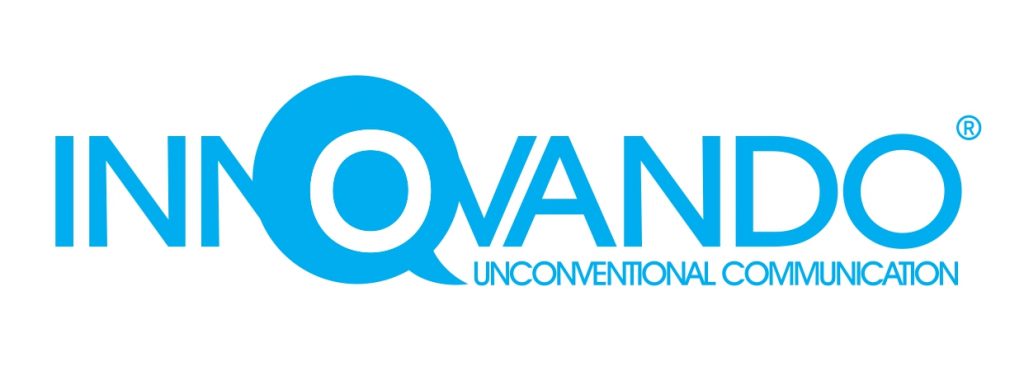
What has been your greatest success, and what has been your most stinging defeat in the employment field since operating in Appenzell Innerland?
“I have a hard time answering that question. I never measure activity in defeats or victories. Often defeats become victories and victories can hide defeats. Let’s say that I can put misunderstandings with clients or unmet goals on the scales of negative outcomes, perhaps even solely due to the client’s own responsibility. We think in terms of objectives and if an objective is not reached and achieved 100% we can consider it an experience and perhaps even a defeat. I don’t consider myself to be in the period of judgments and balance sheets yet: I think I’m still halfway there, so I don’t have time to think about defeats, I don’t have them in mind. And that goes for victories and successes as well. And then to talk about it would be to put in the public square what we did for our clients and that’s something that has always bothered me. I want to be remembered not for what I did, but for how I made the people who worked with us feel….”
Switzerland and the “fantastic four” of direct democracy
The ethic of competitiveness and the spirit of federalism

How do you see the future of the digital world, of big data and artificial intelligence as well as of the real world, which are more and more interconnected? In a recent post of yours, you even imagined a society “without money”….
“Here’s another question. To answer it we would need a hundred books! Today I think it is important not only to foresee, but also to be flexible to the change that is taking place. We have to get used to living on a moving train, passing from one carriage to another and even from one train to another without the train stopping because each train is a scenario, a reality and each scenario or reality can exist and be true independently of another. We live in an exponential time that accelerates more and more, where if a century ago the world changed every 30 years today it changes every 5 and soon every 6 months. Few have understood, for example, the revolution that Apple has brought with its M1 Chipset, a revolution in industrial and commercial terms that will violently break the balance of technological evolution in the coming years: perhaps we won’t even notice, because we live within that process of change. There is no longer a digital world: this is the meaning of the transformation, because the world is digital and digital has become so much a part of us that there can be no world today without digital, there can be no world without the Internet, there can be no world without Big Data and there will be no world without artificial intelligence. Today there is software based on complex AI algorithms capable of processing texts that are so complex, so semantically and syntactically evolved that they are indistinguishable from the texts processed by a very good senior copywriter. The problem is that, by commercializing these software, we create ethical issues first of all, but also security issues that we are not yet able to solve, assuming they can be solved or should be solved. Think, for example, of cryptocurrencies, which are now desecrated but are real and existent: they will probably lead – for better or worse, I don’t want to make ethical judgments – to make the concept of money no longer an absolute concept, and this could certainly make people imagine a society no longer regulated by money.”
The Presidency of the Helvetic Confederation from 1848 to today
Swiss monuments? A “hidden” treasure to be exploited…
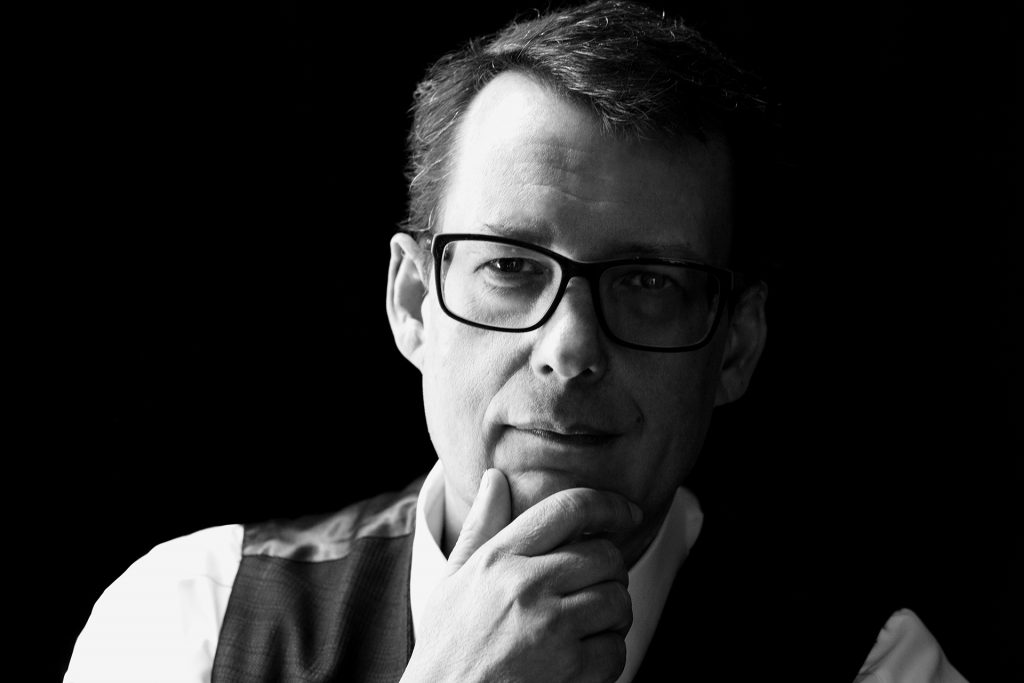
What services does Innovando GmbH offer and why should it be preferred over competing companies? Since operating from the Swiss Confederation, has it had to reshape some strategies?
“Innovando does not ‘offer services’ in the classic sense of the word. Innovando accompanies companies, entities and institutions in the overall journey of digital transformation. Certainly, it carries out the functions of a normal Web Agency, but it would be reductive and incorrect to define it as such; in fact it is not. Innovando works side by side with companies that need to transform their communication and sales processes from a digital point of view, because a website is not just a web space, an e-commerce is not a software and making people understand all this is not easy. Especially in the world of SMEs, within which Innovando operates, this modus operandi is significant and important because many companies, especially those of small and medium size, have no budget available to pay professionals and facilities, which end up being also overwhelming in terms of commitment and human resources. However, since the industrial fabric of Europe is made up of small and medium-sized companies, our positioning on the market becomes strategic. Explaining to a small entrepreneur or a shopkeeper what it means to create an e-commerce site is a task within a task for a whole series of contingent reasons, including the lack of professionalism that an entrepreneur often suffers from operators in the sector and that leads the entrepreneur not to trust or, worse, to ‘burn’ his budget dedicated to digital communication. We industry players are also going through a period of transformation and change that involves business risks and a huge amount of work to acquire know-how. Managing social media for a client today is not done in the same way as it was five years ago, for example: it has become a real job, and a complex one at that, which necessarily needs to find its own correct and acceptable economic satisfaction. Our evolution is a natural evolution independent of the country where we live and work and, therefore, I don’t feel I can say that Switzerland has in any way favored us in this. We can say that the Confederation has given us a certain financial stability, which has allowed us to nurture change, that yes.”
The Europe of small states and a barely sketched federalism….
The brochure “The Confederation in Brief” 2021 is available for download.
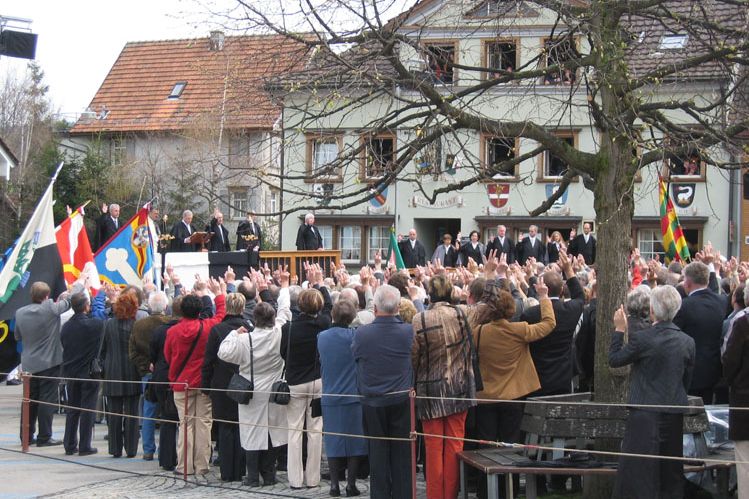
Your company enjoys a good reputation among customers and has content that is particularly appreciated by search engines, Google in particular. What are the main challenges ahead and the real strengths that you can and will be able to count on in the future?
“We actually have a competitive advantage. We have existed continuously for twenty-two years and for a Web Agency, considering the evolutionary pace of the Internet, this is an eternity and a value that few have. We have seen the birth of the Web, we live on the Internet, we know the processes of its evolution, we also understand what will be on the Web tomorrow and this is of great support in customer relations and then also to optimize and harmonize projects, ideas, goals and then benchmark. The biggest challenge is not technological for us, we are now ‘inside’ technology to the point that we are part of it. Our challenge is human and is written in our corporate mission: to bring our customers to become aware of what digital transformation means, how to make it sustainable with the means and resources available and, above all, how to make the advantages of digitalization as well as the disadvantages very clear. This is our challenge. It is a commitment, a strong declaration of intent and complex to manage because there is a lot of resistance within companies, but it is the best thing we can extrapolate from our daily work because, as one of the mottos of the ‘Weconomy’ says, ‘those who share win, those who divide lose’…”.
Waldstätte and the “forest” cantons at the dawn of Switzerland….
Athenian democracy? Revive between Glarus and Appenzell…

You are also known as a commentator or “columnist” on facts of public interest or sometimes “light” on Facebook. Do you consider yourself a sort of influencer? How important is it to communicate, why is it important and what use should be made of social networks? To what extent can they be really useful on a professional level and what are the most insidious mistakes to avoid?
“I confess that many people ask me this. In reality, my approach to social networks is totally natural, it has no economic or marketing purposes, although I must confess that notoriety has certainly brought me advantages. However, I can definitely say that I don’t consider myself an influencer at all; I’m not, I don’t recognize myself as one and I don’t even have any ambitions of this kind. I am the way people see me and know me online, or at least I try to be: maybe I don’t always succeed. I can say that social networks are a way for me to sublimate my desire to share, a sort of professional deformation. Communicating is not important; ‘it’ is, period. It’s human nature. Paul Watzlawick says that ‘you can’t not communicate’. We communicate even when we think we are not communicating; we communicate with gestures, with our bodies, with our expressions, with the way we dress, and we communicate even when we communicate; yes, I know, it sounds silly, but if we think that by analyzing our language we can extrapolate other messages and if we think that we can give more meanings to a message depending on the people we are addressing, then we can say it without thinking we are talking nonsense. We are communication and in the era of massified digital communication, as never before in human history, this becomes an inescapable axiom of our social and professional life. To explain how all this relates to social networks and how it should be useful and advantageous in professional terms to communicate or better to be on a channel, it would take another hundred books. But I can also quote a phrase of a friend and colleague that I respect very much, Paola Cinti, who years ago at a course on the use of social networks, said: ‘On social networks it’s not enough to be there, you have to be there’. To think that having a social profile is enough to be social is pure idiocy. In order to nurture your reputation and give value to your personal brand, you have to be there, you have to interact with others, communicate, be there. Believing that social is just a toy for kids is stupid. So you might as well not go to the bar and lock yourself in your house with the blinds down around the clock, the effect is the same. Then, we can discuss the quality of the presence, the problems of overexposure, the issues and dangers of social networks: for heaven’s sake, it fits. But even the invention of the automobile, which concealed the danger of traffic congestion and fatal accidents, did not prevent man from using it as the predominant means of transport in the world. Just do things conscientiously.”
swisstopo’s digital geodata available for use free of charge
Switzerland holds two numismatic world records
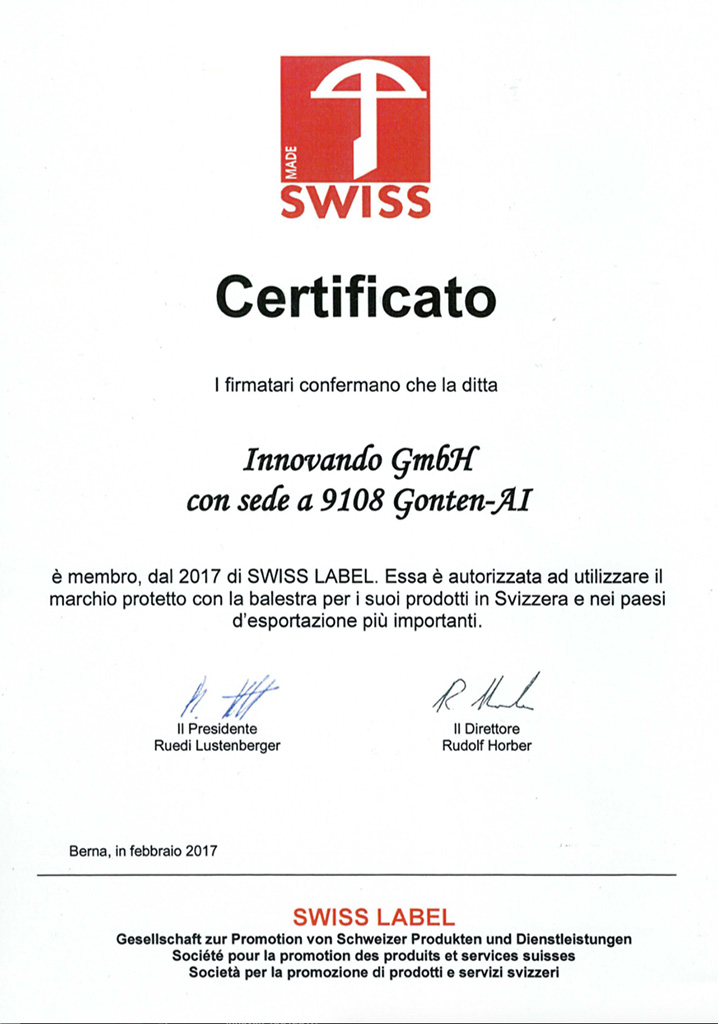
In addition to the cuisine and good-naturedness of your mother-in-law Mirella, in your “online launches” we often find references to a part of your family that is unfortunately no longer there: grandfather Arno and mother Gabriella. How important were they in your existence, how important are they still and what teachings or life experiences do you feel like sharing with our readers?
“We are also the product of what our parents and grandparents left us. My grandfather was a monument to me, a father, a mentor, a beacon and also an example. Journalist, historian, geopolitician, multi-decorated soldier, two first class iron crosses one of which with oak leaves for acts of extreme bravery and combat at arms: a man who never gave up. My mom left me my culture, she taught me to be curious about everything, to read, to inform myself, to not let others tell me things, to have a critical spirit, maybe even a little too much at times. I’ve had several lives, not just one, and I’m a bit embarrassed to tell them in a public interview: this is where my reserve comes out. But one thing comes to mind now, a phrase from my grandfather who, after a phone call with a journalist from ‘Die Welt’ to whom he had just called a charlatan, said to me: “Dear Stoppen (that’s what he called me): I fought a war and lost it and today I can say ‘fortunately’. You will have to fight many wars because the world is becoming damn complex. As a geopolitician, today I can understand very well his words: he was right…”.
Alessandro Bertoldi: “Before asking, it is necessary to give!”
